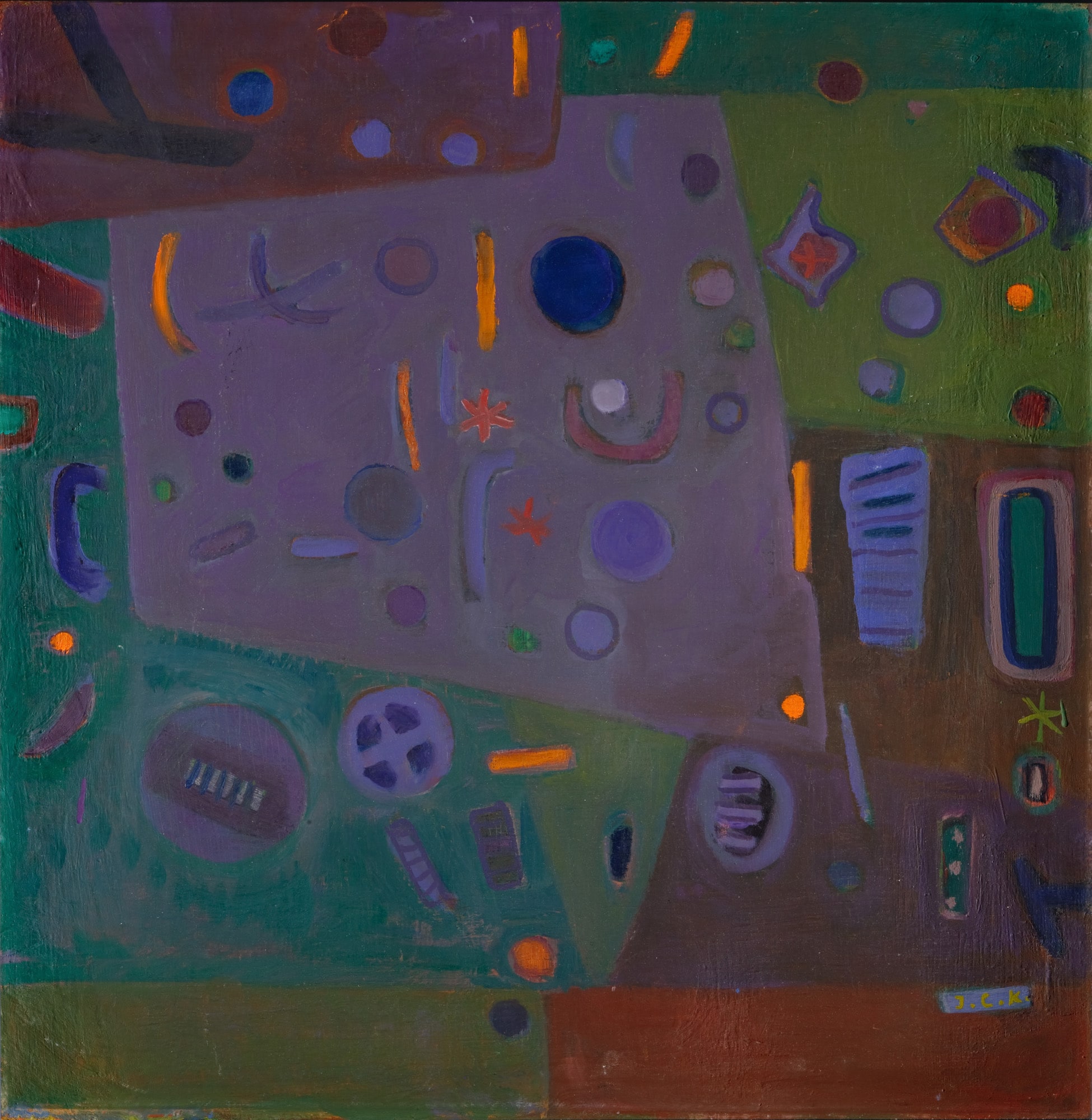Spain, Japan, 2008–2009, DV, 16mm, color, 43’
Spanish and English with Turkish subtitles
The seven-part correspondence between Isaki Lacuesta und Naomi Kawase, who had only briefly met beforehand at a festival, revolves around proximity and distance as well as what it actually means to meet someone and get to know them. Their joint film In Between Days shows scenes from their private lives, including intimate moments in home-movie style, sometimes without sound, as well as images of journeys to faraway countries, of a natural history museum in Catalonia, of prayers in Japan and of excerpts from a silent film by Segundo de Chomón, the Spanish Méliès.

A firm believer in the idea that a collection needs to be upheld at least by four generations and comparing this continuity to a relay race, Nahit Kabakcı began creating the Huma Kabakcı Collection from the 1980s onwards. Today, the collection can be considered one of the most important and outstanding examples among the rare, consciously created, and long-lasting ones of its kind in Turkey.
Tuesday - Saturday 10:00 - 19:00
Friday 10:00 - 22:00
Sunday 12:00 - 18:00
The museum is closed on Mondays.
On Wednesdays, the students can
visit the museum free of admission.
Full ticket: 300 TL
Discounted: 150 TL
Groups: 200 TL (minimum 10 people)